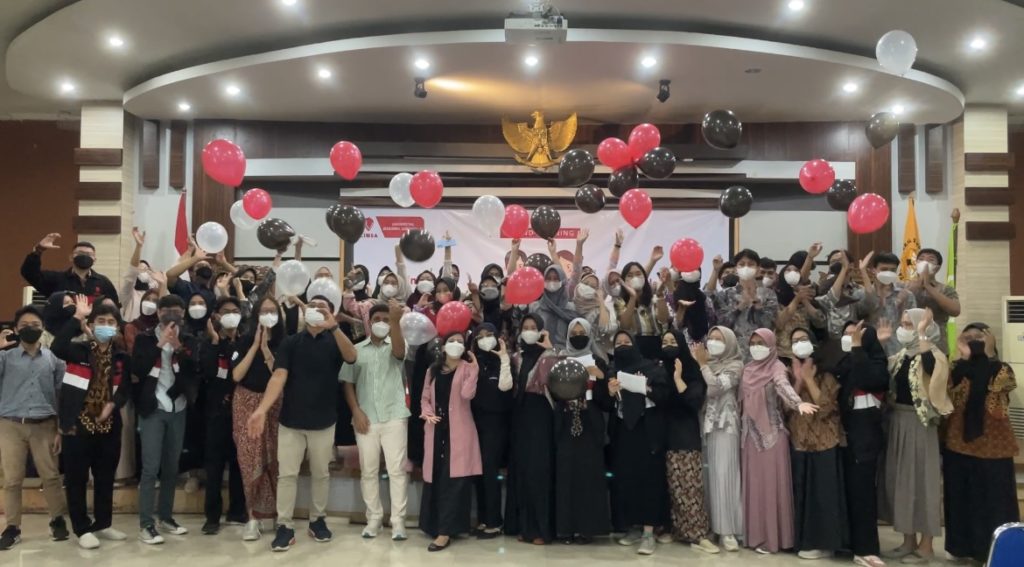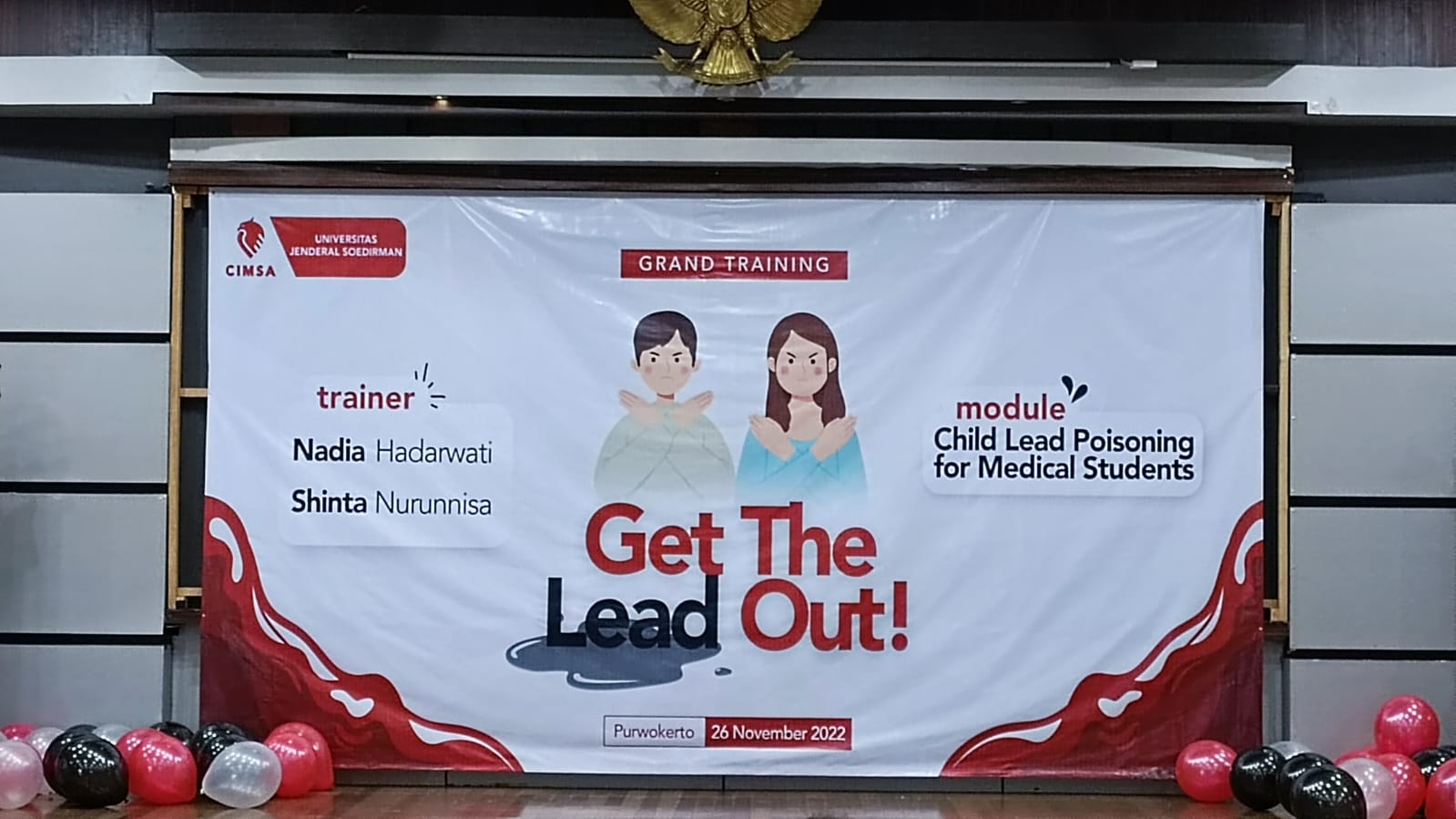A series of trainings for medical students on lead poisoning prevention in Indonesia—where an estimated 8 million children are affected—is empowering young doctors with the knowledge they need to help prevent lead poisoning.
The initiative, Protecting Every Child’s Potential Indonesia, is a partnership between UNICEF and Indonesia’s Ministry of Environment and Forestry, with Vital Strategies as the implementing partner. Launched in 2021, the program aims to assist the Indonesian government at national and subnational levels to strengthen actions and develop tools to reduce lead exposure among children.
The trainings conducted in 2022 were a critical step in that process. Working together with the Center for Indonesian Medical Students’ Activities, or CIMSA, Vital Strategies surveyed 168 pre-clinical medical students and discovered their understanding of lead poisoning was limited. The trainings, which launched in November 2022, were designed to increase knowledge about the issue and prevent harmful impacts.
“Lead poisoning is a concerning health issue that threatens the health of our society—especially children,” said Anisya Gabrieli Putri Dianty, CIMSA’s Liaison Officer to United Nations’ agencies in Indonesia. “Through these trainings, we embodied our dedication to reduce lead poisoning cases in Indonesian children. We hope this small step could bring forth wider exposure to lead poisoning [awareness] for all medical students in Indonesia.”
In Indonesia, the primary known sources of lead exposure are from lead-based paints and the recycling of used lead acid batteries.
According to global studies, the children of workers who recycle these batteries frequently have dangerously high blood lead levels. These children are readily exposed to lead dust when their parents inadvertently carry it home on their clothes, shoes, hair and bodies. Several studies in Indonesia have found significant blood lead levels in children who spend a lot of time near roads or who live near lead smelting and recycling activities.
Indonesia’s Institut Teknologi Sepuluh Nopember has identified 95 lead-polluted sites spread across 11 provinces on Java and Sumatra. This includes the used battery smelter industry as well as hazardous waste transporters and processors, both licensed and unlicensed. Vital Strategies noted in a policy brief on lead poisoning in Indonesia that this number is expected to increase as demand rises for lead acid batteries.

At a training in Bogor, West Java, UNICEF Environment and Climate Specialist Aryanie Amellina expressed hope that these trainings will help today’s medical students—the health professionals and policymakers of tomorrow—make meaningful change for the environment and public health.
“Lead is an important issue that concerns children, because its long-term impacts could influence their future,” Amellina said. Lead exposure can stunt children’s physical and mental growth and prevent them from achieving their full potential, she said.
The trainings emphasized that lead is everywhere. Children, being particularly vulnerable to lead poisoning, are susceptible to inhaling lead particles and ingesting lead-contaminated dust in water and food.
As CIMSA trainers Nadia Hadarwati and Shinta Nurunnisa explained, lead poisoning can cause kidney and liver damage, neural damage, seizures, lower IQ, and death. But through screening of newborns and children for exposure to waste, doctors can recognize and explain clinical features, look for more disease information, and make referrals and follow-ups.
The trainers also described what health authorities, including medical students, can do about lead poisoning in children.
At the training in Bogor, trainers Kensha Firstyputri Fariko and Annisa Mulyan underscored the role medical students can play as advocates, using their voices to contribute to policy change and community empowerment.
As they learned about lead poisoning in children, participating students also got to share their thoughts on the matter, including possible actions to minimize lead exposure.
“We improve our personal capacity through trainings and research alongside our peers, counsellors and others, and later bring the knowledge into activities for educating and improving public awareness on health issues,” said Muhammad Titikso Rangsang Agung, CIMSA’s Vice President for Internal Affairs. He said CIMSA’s tagline summed up the experience aptly: “Empowering Medical Students, Improving the Nation’s Health.”
Get Our Latest Public Health News
Join our email list and be the first to know about our public health news, publications and interviews with experts.
